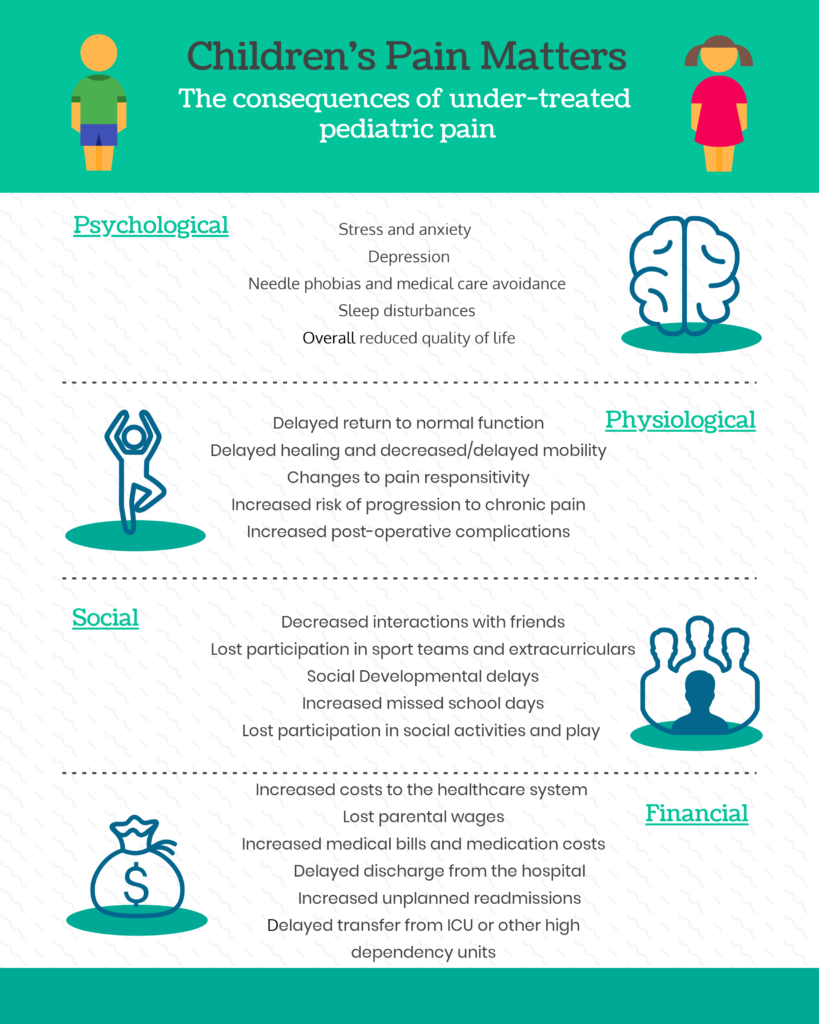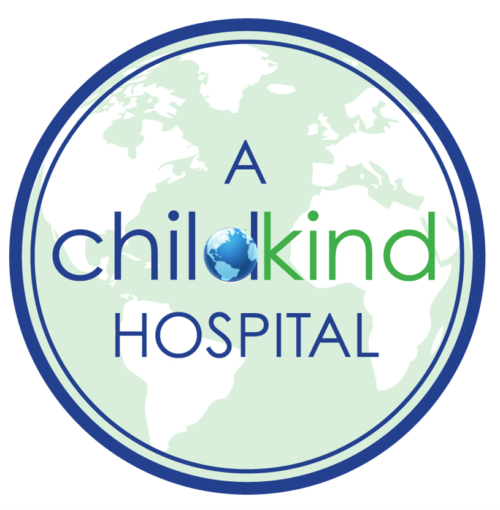Compassionate care dictates treatment and, whenever possible, prevention of pain.
“Most pain can be prevented, treated, or at least reduced using inexpensive pharmacological, psychological, and physical techniques. Yet even in developed countries, deficiencies in children’s pain management persist, and it is certain that most children in the developing world receive inadequate pain care.”

In the past 25 years the long-term negative biological, psychological, and social consequences of under-treated pain for children and their families have become clear. Although the knowledge base to recognize, prevent and treat pain has advanced dramatically, application of this knowledge has been uneven, even within the same institution, and as a result, children suffer unnecessarily. Research suggests that any intervention in the prevention of pain, will have limited success and sustainability unless it is perceived as representing a core institutional value, similar to confidentiality and safety.

The ChildKind initiative was conceived by the Special Interest Group on Pain in Childhood of the International Association for the Study of Pain to reduce pain in children by formally recognizing healthcare facilities that have made an institutional commitment to providing pain relief. If a hospital can provide evidence that it has made such a commitment and has in place policies, protocols, quality audits, and ongoing educational activities that address pain, it can apply for certification as “A ChildKind Hospital”.
